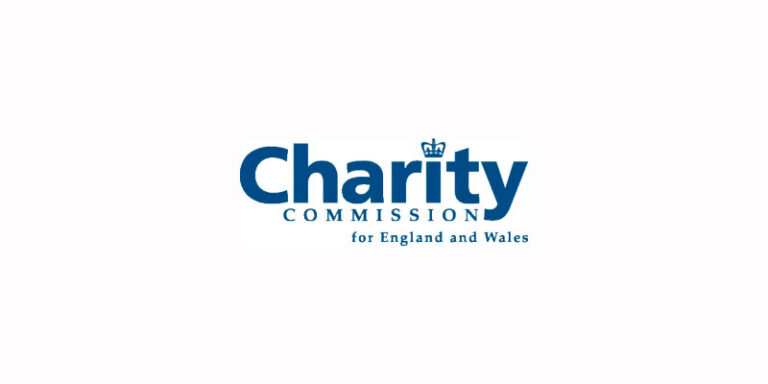Web developments at the Charity Commission

Susan Forrester interviewed Richard Fries, Chief Charity Commissioner, for the current issue of Trust Monitor, and features the Commission’s latest Web developments.
As well as the policy function of the Commission and its investigative activities, she also asked Fries about the Commission’s use of the Web. “The Commission has taken to the Web like a duck to water,” writes Forrester, “and its information there displays the importance it places on being open itself.
Susan Forrester interviewed Richard Fries, Chief Charity Commissioner, for the current issue of Trust Monitor. As well as the policy function of the Commission and its investigative activities, she also asked Fries about the Commission’s use of the Web. “The Commission has taken to the Web like a duck to water,” writes Forrester, “and its information there displays the importance it places on being open itself. It compares very favourably with other agencies in this respect. Most importantly the Public Register is no on the Internet. (Not that you can tell much about a charity from the bald information presently available, which is simply the information from the old registration slip, updated as necessary). But what a contrast from the early 1990s when the Public Register was a Dickensian/Bob Cratchit operation with small fusty registration forms in dingy maroon files stacked by the yard on shelves. The knock-on effects of this Internet openness are going to grow-massively.
Advertisement
“Richard Fries confirmed that financial information would soon be included with each entry. I asked whether trustees would also be named, a difficult question in the past, and was pleasantly surprised to hear another affirmative. When this takes place the Register will truly be a powerful tool to help induce rectitude.”
- Who gives? Del Boy or Sex and the City’s Carrie? More poor people than rich give to charity (26 April 2004)




